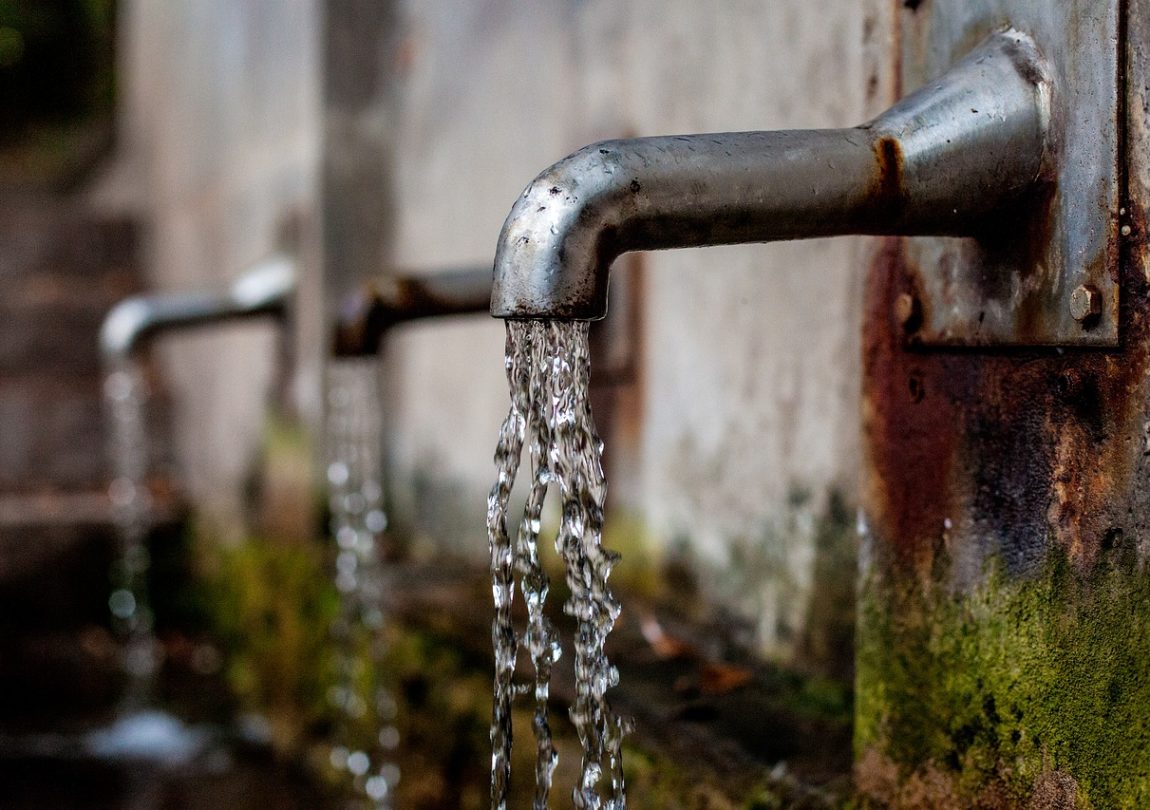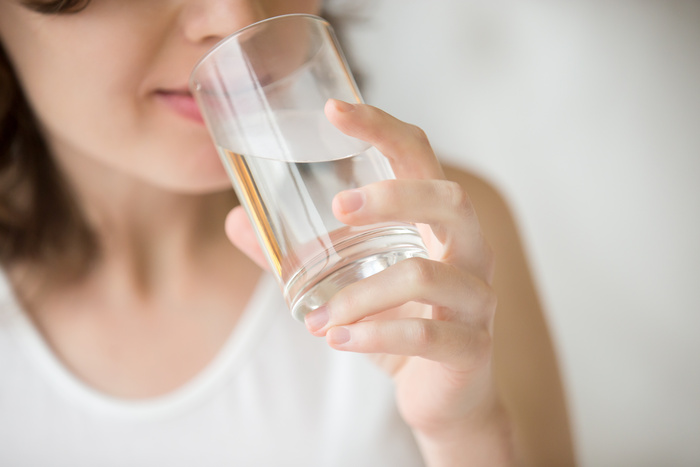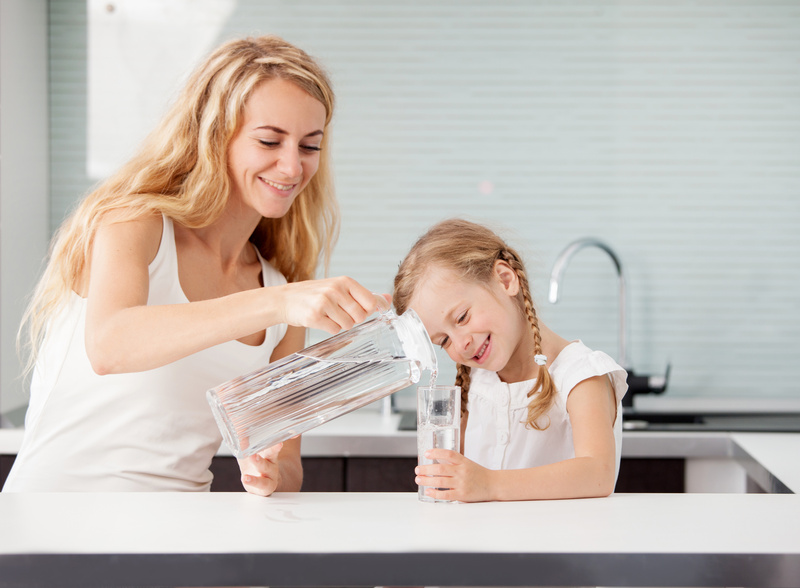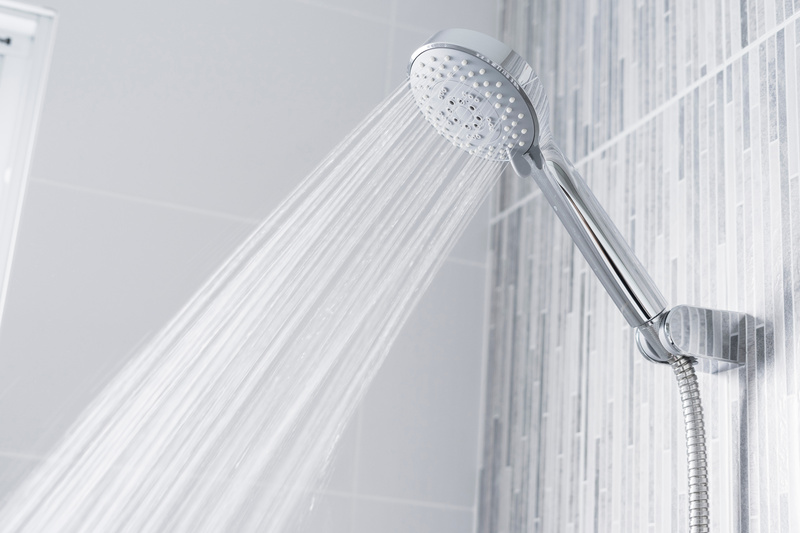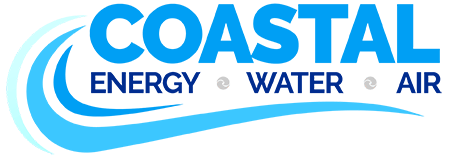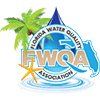Is there *any* time of year not impacted by allergies? It feels like you finish struggling through one allergy season just to get waylaid by the next season right around the corner. People up north equate it to the changing temperatures, but even in South Florida, where it rarely gets cold enough to break out a jacket, we are still susceptible to the same seasonal allergy headaches as everyone else.
Still, even the most subtle of changes in the atmosphere can trigger allergy and asthma symptoms. No matter if it is spring or fall, people are desperately seeking relief from their seasonal allergies, with symptoms that include:
- Red and watery eyes with swelling
- Itchy nose, eyes, ears, mouth, and throat
- Stuffy/runny nose with nasal congestion and mucus
- Sneezing and headaches
- Rashes and hives on the skin
Everyone at Coastal Energy Air & Water wants you to spend the rest of fall and all of winter (and spring and so on) conquering your allergies, instead of being a victim to them. That is why we are offering the following tips on preventing and treating allergies, so you can focus on literally everything else you have going on.
Why do allergies flare up so frequently?
One reason is weed pollen. In addition to ragweed and sagebrush, weed pollen is the primary cause of allergic rhinitis (aka hay fever), and affects 10-20% of Americans.
Ragweed is difficult to escape in the U.S. It grows in 49 states with 17 different types and pollen so light, it can travel for hundreds of miles in the air. Often, ragweed season starts around July and August, and peaks in mid-September. But the temperate climate in Florida means we are one of the lucky states to deal with it well into November or longer.
Ragweed is not the only type of plant that causes fall allergy symptoms. Other types of weed that cause symptoms to flare include:
- Tumbleweed
- Sagebrush
- Burning bush
- Cocklebur
- Russian thistle
- Pigweed
- Lamb’s-quarters
- and Mugwort
How do people treat or protect themselves against weed pollen allergies?
It seems simple, but if you spend time outside, you should leave your shoes by the door, change out of your clothes, and wash them when you come in after. And shower and shampoo every night.
It may be tempting to open your home up and let the cool fall air in, but that lets pollen in as well. Try to keep your windows and door closed if possible.
If you can rely on a central air conditioning system, be sure to use air filters that are certified asthma and allergy-friendly and change them per the manufacturer’s recommendations.
Are these allergies getting worse?
Yes. Consider how much fall is beginning to feel like summer. Climate change appears to be responsible for longer, warmer growing fall seasons, which gives plants more time to grow and produce more pollen. Most major U.S. cities have seen an increase in fall temperatures, and more carbon dioxide emissions equate to more potent pollen.
What can we do individually?
There are a number of ways you can take action against seasonal allergies. You can be proactive by:
- Checking pollen levels each day before heading outside (There are sites such as the National Allergy Bureau for pollen and mold counts. Plan your activities for when counts are lower. Or, if they remain high, take an antihistamine as directed)
- Consider purchasing an air purification system, such as the AirMaster Ultra from RainSoft, to disseminate any pollen that enters your home
- Clear out your nasal passages with a nasal irrigation
- Talk to your allergist about allergy treatments if/when conditions don’t improve
- And Stay Hydrated!
Most specialists agree, maintaining healthy hydration is the first step towards fighting seasonal allergies. And when you combine that with frequent washing clothes to eliminate dust or pollen from the outside, it becomes clear why having a RainSoft water filtration system installed becomes a long-term investment in your family’s health.
If you suffer from seasonal allergies, call Coastal Energy Water & Air today at (954) 333-3336, and take the first step to an improved quality of life next year and beyond.

